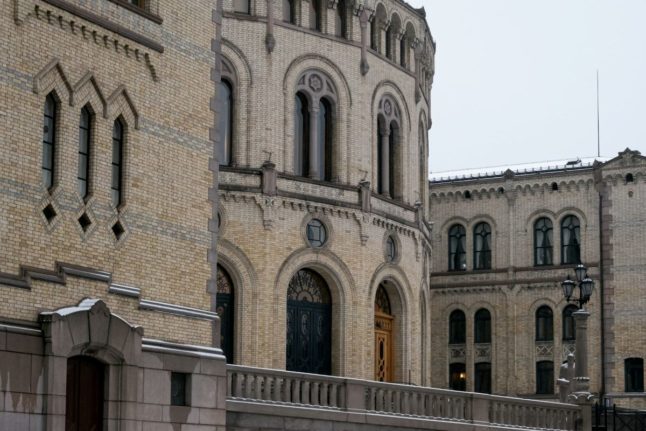There’s been a marked difference in how the number of British citizens in the official statistics has changed since Britain voted to leave the European Union in 2016, with Denmark seeing a more or less steady increase and sharp falls in both Norway and Sweden.
The number of British citizens registered as living in Sweden has fallen from a peak of 19,965 in 2018 to just 14,158 in 2022.
Norway has seen a comparable, if slightly later fall, from a peak of 17,208 in 2020 to 15,683 in 2023.
Denmark, on the other hand, has seen the number of British residents fall much less dramatically, dropping from a peak of 19,086 in 2019 to 17,888 in the at the start of July this year.
So has there been a mass exodus of Brits from Sweden and Norway?
It doesn’t look like it.
Nearly 4,495 British people gained Swedish citizenship in 2019, and a further 2,150 gained it in 2020, with all of them then no longer classed as UK citizens in the official data, which only includes people who don’t also have Swedish citizenship.
Norway changed its laws at the start of 2020 to allow dual citizenship, with 1,600 British citizens becoming Norwegian in 2021 and a further 800 in 2022.
As it take nine years of residency to become a citizen in Denmark, the country has not seen this effect to the same extent. The number of British people getting citizenship rose from well under a hundred a year before the Brexit vote in 2016 to a peak of 692 in 2020, after which it slowly dropped off, with 546 getting citizenship in 2020 and 327 in 2021.
How do the stats look for people of British origin?
If you look at country of origin rather than current citizenship, the number of British people living in all three countries has been climbing steadily, with Sweden seeing the greatest growth as well as the highest overall numbers.
The number of British-born people living in Sweden has risen from 23,341 in 2013 to 32,575 in 2022, an increase of more than 40 percent.
Denmark has also seen a significant increase in the number of British-born residents, with the number rising 27 percent from 14,150 in 2013 to 18,098 in 2023.
The smallest increase in the number of British-born residents has happened in Norway, where the number has risen just 16 percent from 18,634 in 2013 to 21,663 in 2023.



 Please whitelist us to continue reading.
Please whitelist us to continue reading.
Member comments